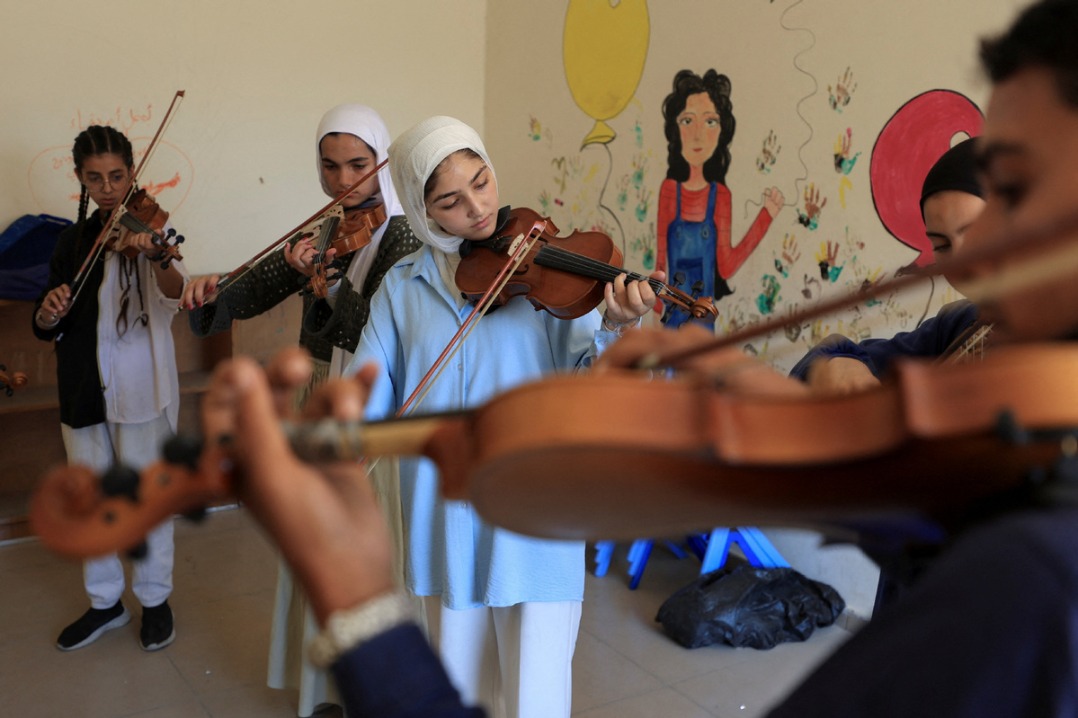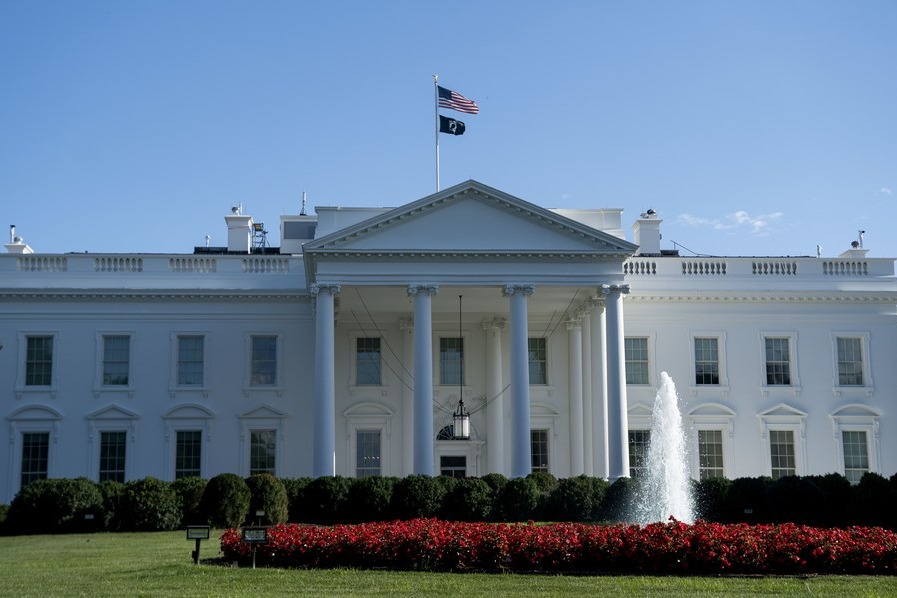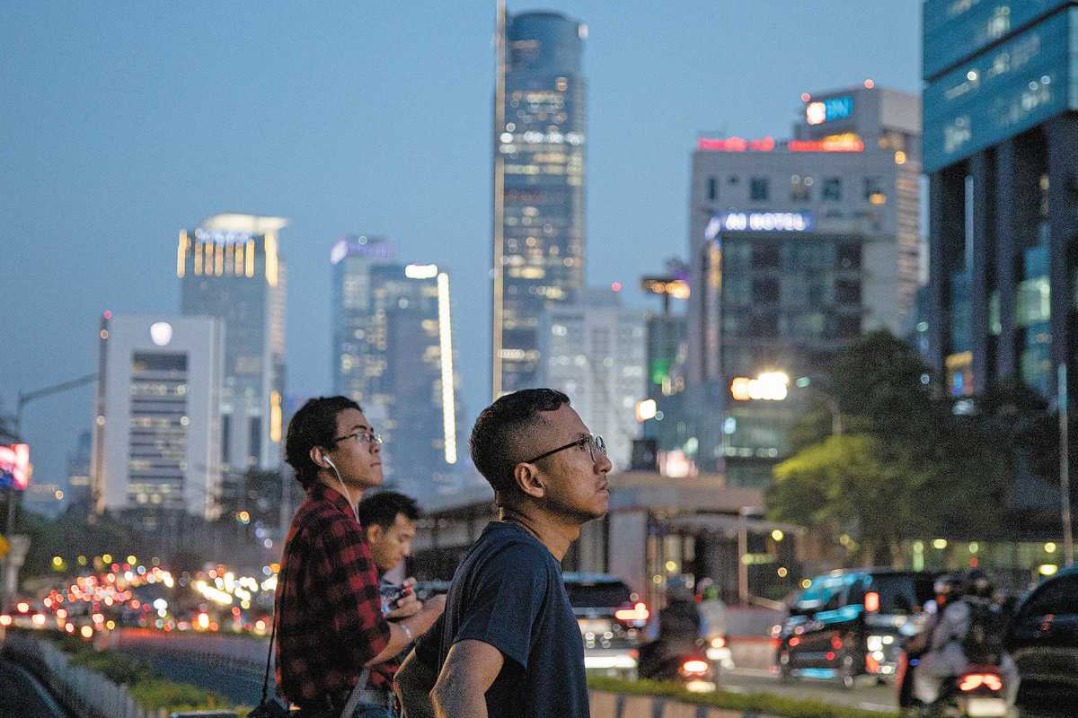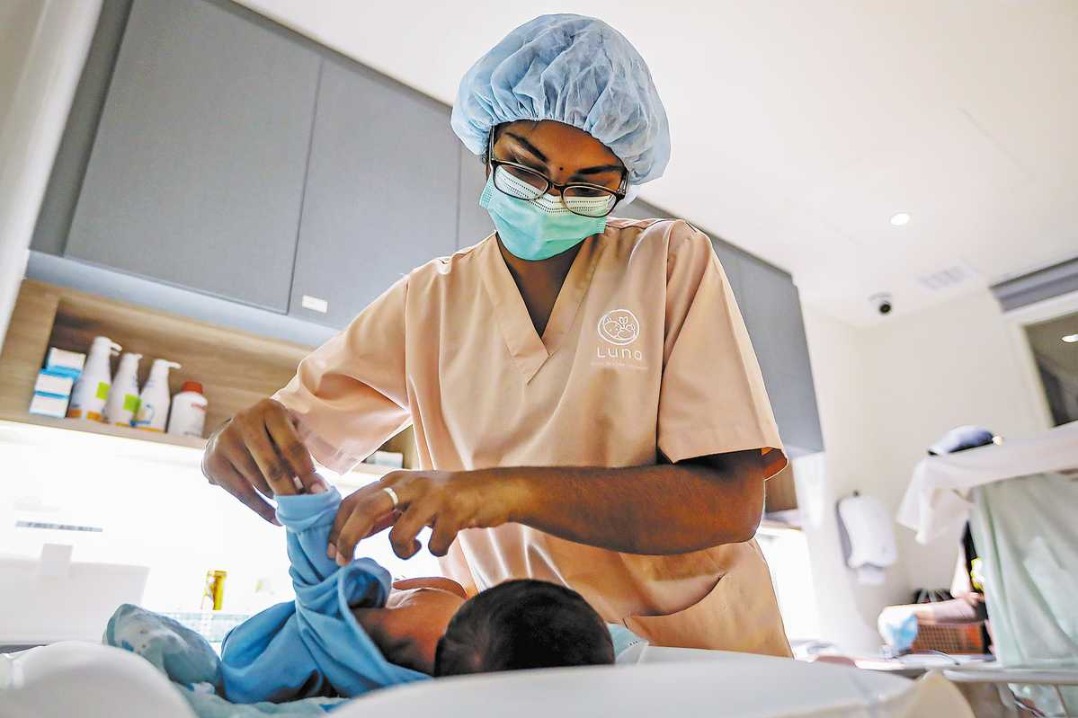ADB flags poverty as worry for continent


While Africa is recording robust economic performance with gross domestic product growth projected to accelerate to 3.9 percent in 2020 and to 4.1 percent in 2021, many countries continue to grapple with extreme poverty and inequality, according to a new report by African Development Bank, or ADB.
This is partly attributed to the limited role of education in increasing labor productivity at the aggregate level, owing to the low quality of education, lack of complementary physical capital, and widespread skill and education mismatches.
The ADB's Africa Economic Outlook 2020 report, themed developing Africa's workforce for the future, said close to half of Africa's employed youth perceive their skills as mismatched to their jobs, while around two-thirds of youth are either overeducated or undereducated.
The undereducated share, accounting for nearly 55 percent, is considerably higher than in other regions where the figure is 36 percent. This indicates that African countries are not taking full advantage of the available skills and qualifications of their employed youth.
The report said increased investments in education is key, as well as progressive universalism in education spending; setting high priorities for the poor and disadvantaged and focusing on basic education first where social returns are highest.
Its recommendations include improving access to education in remote areas, incentives such as free uniforms and text books, banning child labor and improving teaching standards.
To better match skills with job opportunities, the report recommends that governments need to develop a demand-driven education system in tune with rapidly emerging jobs in the private sector, including software engineers, marketing specialists and data analysts.
Benedict Wachira, the secretary-general of the Communist Party of Kenya, said Africa's education system does not satisfy the needs of the people but the needs of the job market, terming it as a poor approach.
Wachira said the job market is a factor of what a capitalist economy can provide and it may not necessarily be what the people need.
"African countries have liberalized education systems so much, that the government does not control the outcome. Students thus just choose courses without relevant advice. And this has led to a disconnect of what is produced and what is needed," he said.
Due to lack of adequate financing to sustain themselves, Wachira said many African universities offer business courses, which several students pursue, producing thousands of business administrators, marketers, and sales people in an economy that does not need them.
"We can learn from China. They concentrated on technology, engineering, and sciences and today they have some of the most advanced technologies, scientists and human resources in those sectors," Wachira said.
He said the government should invest more money in education and employ more teachers to reduce the teacher-student ratio.
According to the ADB, the amount of government spending per student in Africa is the lowest in the world, at only $533 for primary school and $925 for secondary school. The low spending per student is attributed to low GDP and a high proportion of school-age cohorts due to rapidly growing youth populations.
At the primary school level, the bank said African countries spend on average a quarter of the resources per student, compared with Latin American countries and a fifth compared with Asian countries.
At the secondary school level, Africa spends less than half the resources per student that Latin America spends and about a fifth what Asia spends. Such low levels of spending could partly explain the poor quality of education outcomes in many African countries, the report said.

































